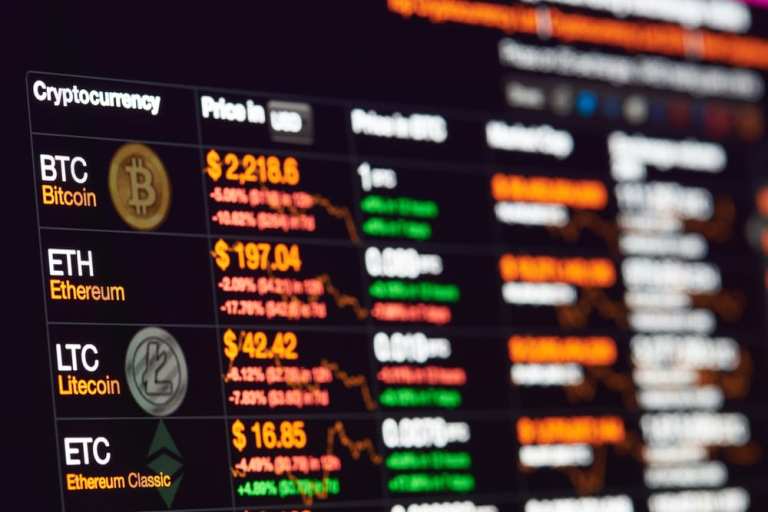US Gov’t Wants To Require Disclosure Of X-Border Crypto Trading

The Commerce Department’s Bureau of Economic Analysis (BEA) in the U.S. wants to change a rule for a survey that compels financial service companies to reveal whether they have done any cross-border cryptocurrency transactions, according to a report by CoinDesk.
In addition to several other changes to the mandatory questionnaire, “BE-180 Benchmark Survey of Financial Services Transactions between U.S. Financial Services Providers and Foreign Persons,” the Commerce Department is asking for a new rule that would give the organization’s statisticians a better look at foreign activity involving crypto.
Brokerages, private equity funds and financial advisories are all required to complete the survey; the BEA predicts there will be about 7,000 respondents.
“BEA will add a single question asking respondents to identify, of their 2019 cross-border financial services reported in the required transaction categories, any that were related to cryptocurrency activities,” the rule change said.
The new question won’t ask for individual transaction information, according to BEA Services and Surveys Branch Chief Christopher Stein, but a brokerage, for example, would have to reveal whether it handled cross-border trade.
“We are not collecting data related to the physical currency asset,” Stein said. “We are not collecting separate dollar amounts related to these services – we’re just emphasizing that, for example, a facilitating-type brokerage fee associated with the currency transaction is within the scope of the survey.”
The BE-180 was last distributed in 2015. The new question is meant as a clarification as cryptocurrency trading continues to evolve.
“It’s a new and evolving area in the financial services market, and the benchmark is an opportunity to ask [for] more information and clarify survey requirements,” Stein said.
The proposed change to the rule will “allow BEA to more closely align its statistics with international guidelines,” the proposal said. The data gleaned will be used to monitor U.S. and international financial entities, help with trade and assist “U.S. businesses to identify and evaluate market opportunities.”